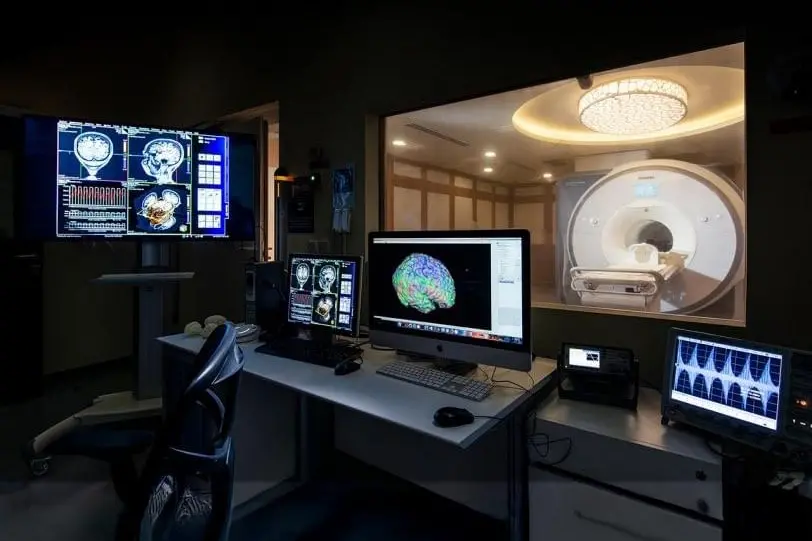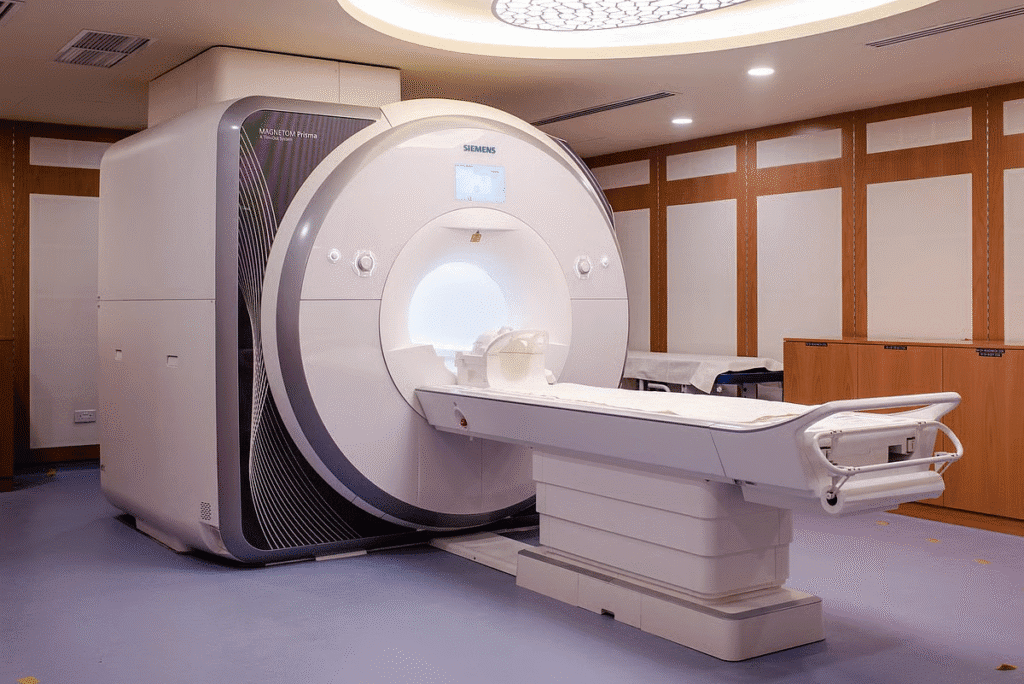AI tool for multiple sclerosis diagnosis is revolutionizing the way patients are identified and treated in Abu Dhabi. Researchers have developed an advanced AI-powered MRI tool designed to accelerate diagnosis, enhance accuracy, and improve patient care. This breakthrough is a significant step forward in neurological healthcare, offering faster and more reliable results for doctors and patients alike.
Understanding Multiple Sclerosis and Diagnostic Challenges
Multiple sclerosis is a chronic autoimmune disease that affects the central nervous system, leading to a range of neurological symptoms. Diagnosing MS can be challenging due to its symptoms overlapping with other neurological disorders. Traditional diagnostic methods, including MRI scans, often require expert interpretation and can be time-consuming. The introduction of AI into this domain aims to address these challenges by providing more precise and efficient diagnostic tools.
The Role of AI in Enhancing MS Diagnosis
Artificial Intelligence, particularly deep learning algorithms, has shown immense potential in analyzing complex medical data. In the context of MS, AI can process MRI images to identify patterns and abnormalities that may be indicative of the disease. By automating the analysis, AI tools can reduce human error, speed up the diagnostic process, and assist clinicians in making more informed decisions.

Abu Dhabi’s Groundbreaking AI-Powered MRI Tool

Researchers from New York University Abu Dhabi (NYUAD), in collaboration with Yas Clinic – Khalifa City and the Abu Dhabi Stem Cells Center (ADSCC), have developed an AI-powered MRI tool aimed at enhancing the speed and accuracy of MS diagnosis. This tool leverages advanced machine learning algorithms to analyze MRI scans, identifying potential MS lesions with greater precision.
The collaboration between NYUAD’s Centre for Brain and Health (CBH), Yas Clinic, and ADSCC reflects a concerted effort to translate cutting-edge research into practical, clinical applications. Over the past two years, the partnership has focused on validating and applying these AI techniques in real-world settings, ensuring their effectiveness and reliability in clinical practice.

Clinical Validation and Real-World Application
The AI tool has undergone rigorous testing through the PHOMS clinical trial, conducted at Yas Clinic. This trial involved tracking changes in the brain over time to evaluate the safety and effectiveness of new MS treatments, including Extracorporeal Photopheresis (ECP). Researchers from NYUAD’s Centre for Brain and Health provided advanced MRI analysis, utilizing the AI tool to assess brain changes and treatment responses.
Professor Osama Abdullah, MRI Physicist at NYUAD’s Centre for Brain and Health, emphasized the significance of this collaboration, stating, “This is a perfect example of the ‘bench-to-bedside’ journey. Our work at NYUAD focuses on pushing the boundaries of what MRI can see. Partnering with the clinical expertise of Yas Clinic and ADSCC allows us to validate and apply these discoveries in a real-world setting, creating a powerful ecosystem for healthcare innovation right here in Abu Dhabi.”
Benefits of the AI Tool in MS Diagnosis
The introduction of this AI-powered MRI tool offers several advantages:
- Increased Diagnostic Speed: Automated analysis of MRI scans accelerates the diagnostic process, enabling quicker decision-making and treatment initiation.
- Enhanced Accuracy: AI algorithms can detect subtle abnormalities that may be overlooked by the human eye, leading to more accurate diagnoses.
- Consistency in Results: AI provides consistent analysis, reducing variability and potential errors associated with manual interpretation.
- Support for Clinicians: The tool serves as an assistive technology, aiding clinicians in making informed decisions and improving patient outcomes.
The Future of AI in Neurological Healthcare
The successful development and implementation of this AI-powered MRI tool in Abu Dhabi signify a promising future for AI applications in neurological healthcare. As AI technology continues to evolve, its integration into various aspects of medical diagnostics and treatment planning is expected to expand, offering more personalized and efficient care for patients worldwide.

Conclusion
Abu Dhabi’s initiative in developing an AI-powered MRI tool for faster multiple sclerosis diagnosis underscores the UAE’s commitment to advancing medical technology and improving patient care. This collaboration between NYUAD, Yas Clinic, and ADSCC not only enhances the diagnostic process but also sets a precedent for future innovations in the field of neurological healthcare. As AI continues to play an increasingly pivotal role in medicine, such advancements hold the potential to transform the landscape of healthcare delivery globally.
Do follow UAE Stories on Instagram
Read Next – UAE University CO₂ Battery: A Breakthrough in Clean Energy Technology















